Democratic Republic Of Congo
The political dialogue in the Democratic Republic of Congo (DRC) resumed on Wednesday after hitting a snag on Tuesday.
One of the opposition parties, the Movement for the Liberation of Congo (MLC), a party formed by Jean Pierre Bemba who is on trial at the Hague, on Tuesday announced it was withdrawing from the political process.
The move by the MLC was to protest what it considered an under representation in the political process aimed at averting a major political crisis before the end of the year.
The MLC had two representatives taking part in the process instead of the four it had requested. Other parties in the process have at least 5 representatives participating in the dialogue.
The MLC however returned to the talks on Wednesday afternoon after some adjustments were made to accommodate another one of its members, bringing its total number of representative to three.
The leadership of the MLC is also unhappy about what it describes as the ‘dominance’ of the Rassemblement, the main opposition coalition led by veteran politician Etienne Tshisekedi, in the process.
The political dialogue been spearheaded by the Catholic Bishops Conference is seen as the last chance to avert chaos in the DRC before president Kabila’s term officially expires on December 19.
It aims to find a compromise to pave way for a period of political transition between December 20 when president Kabila’s term ends and the election of his successor.
In October the majority and a faction of the opposition reached an agreement to defer the presidential election in the DRC to an indefinite date and make provision for president Kabila to remain in power in return for the appointment of an opposition Prime Minister. But the opposition has rejected this agreement.
The current negotiations are thus aimed at reaching a consensus between the signatories of the October agreement and those who have rejected the “national dialogue” that led to the compromise.




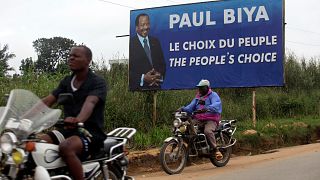
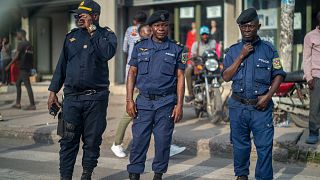
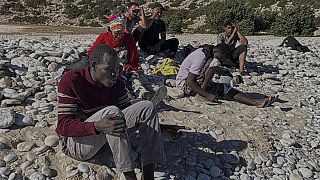
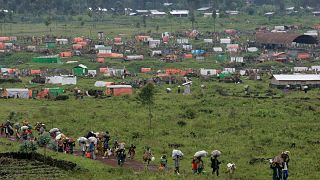

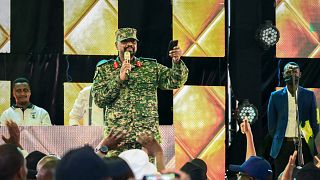



Go to video
Togo protest crackdown raises fears of worsening political crisis
01:54
"Great economic potential in Africa": five African leaders have lunch with Trump
Go to video
Tunisia sentences prominent opposition leader to 14 years in prison
01:01
Chad’s former Prime Minister appeals to Macron after two months in detention
01:00
Pix of the Day: July 3, 2025
00:52
Nigeria’s Peter Obi to contest 2027 election, opposition coalition in jeopardy